When Do Babies Start Teething? A Parent’s Guide to Baby Teeth
As a parent, watching your baby grow and reach new milestones is exciting, but one phase that often comes with both joy and...
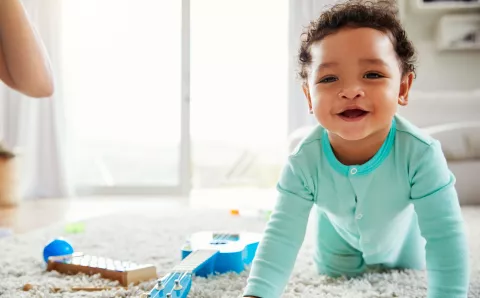
As a parent, watching your baby grow and reach new milestones is exciting, but one phase that often comes with both joy and...

We all know those days – your little one is suddenly extra fussy, refusing their favorite snacks, and maybe even rubbing their...
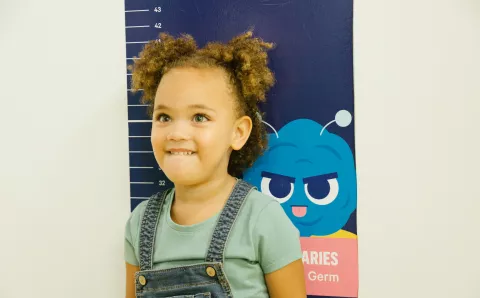
Every year, as the holiday season approaches, a flurry of activity fills the North Pole. Elves, those tiny, magical beings, are...
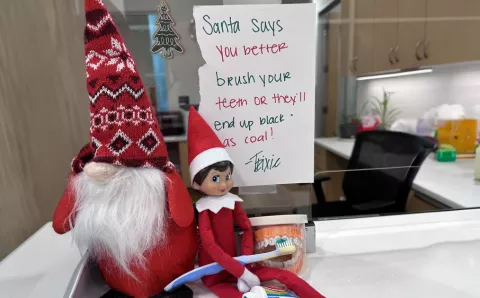
Let's face it, scheduling dental appointments can feel like another item on a never-ending to-do list. Between work, school...
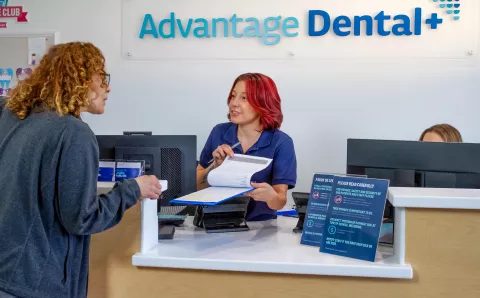
As the moon rises and the spooky season is upon us, even our furry friends in the night need to take care of their pearly whites...

Do you feel pain when you chew hard foods or drink a cold beverage? If so, you may have a broken tooth. A chipped or fractured...
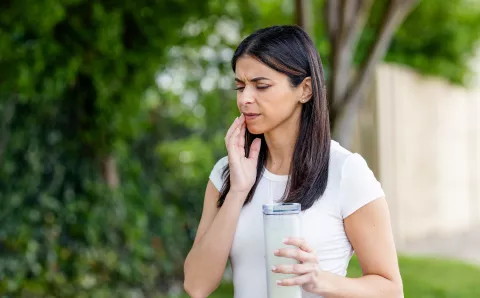
At Advantage Dental+, we believe smiles that last a lifetime start with prevention! Just like taking care of your car with...

After tooth extraction, a blood clot will form in the empty tooth socket. Clotting is a natural part of the healing process. It...
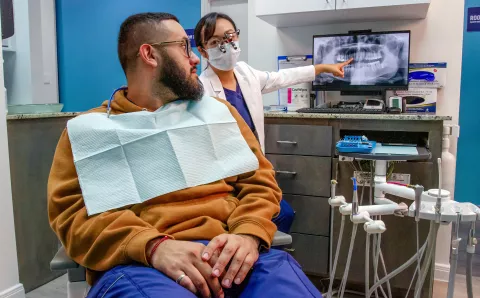
As humans, we are regularly developing habits, whether good or bad. Unfortunately, bad habits are quite common, and a lot of...
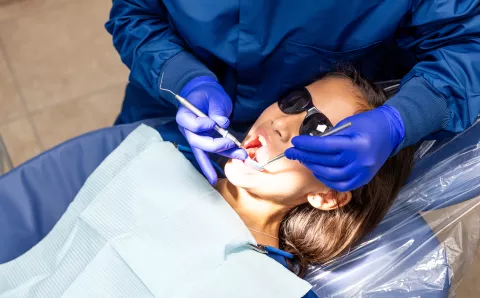
It's important to see your dentist at least once a year for...

© 2025 Advantage Dental Oral Health Center. All rights reserved | Internet Privacy Policy | Patient Privacy Policy | Terms of Service | Security
Gary Allen, DMD, Advantage Dental Group, P.C. | James Thommes, DDS, Advantage Dental Oral Health Center Of Massachusetts, P.C.; Advantage Dental Oral Health And Vision Center Of Alabama, P.C.; Advantage Dental Oral Health Center Of Oklahoma, P.C.; Advantage Dental Oral Health Center Of Texas, P.C. | John Clasen, OD, Advantage Dental Oral Health and Vision Center Of Alabama, P.C. | Neil Williams, DMD, Advantage Dental Oral Health Center Of Florida, PA
